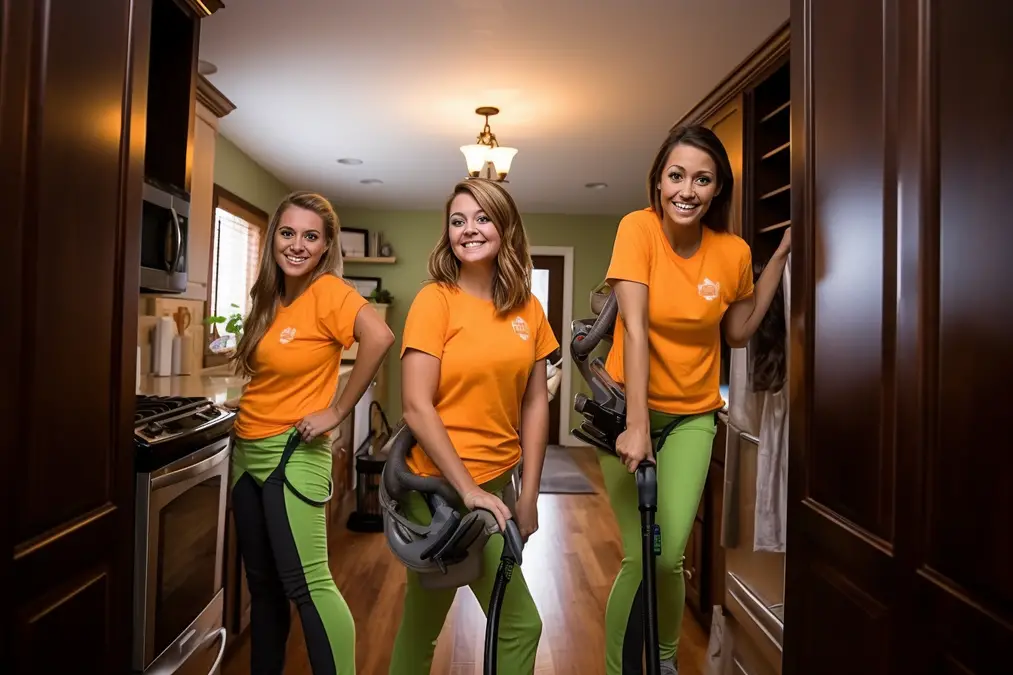Unmasking the Social Dynamics of Personal Space
As societal norms evolve, the concept of personal space is undergoing a transformation. What influences these shifts, and what impact do they have on society at large? Read below as we explore the fascinating dynamics of personal space in modern society.

The Historical Context
Personal space refers to an individual’s preferred distance from others, a concept that has varied greatly throughout history, dependent on societal norms, cultural backgrounds, and individual preferences. The notion of personal space was first introduced by anthropologist Edward Hall in the 1960s. Hall’s Proxemic theory indicated four zones of personal space: intimate, personal, social, and public, each with varying degrees of comfort and discomfort associated with different levels of proximity.
Modern Perspectives on Personal Space
In the 21st century, personal space is no longer merely a physical concept. The digital world has given rise to a new dimension of personal space - the virtual personal space. With the prevalence of social media, individuals now consider their online presence as an extension of their personal space, affecting their interactions, reactions, and social behaviors.
Societal Trends and Cultural Shifts
The COVID-19 pandemic has brought about a significant shift in personal space norms. Social distancing measures have necessitated a physical distance from others, influencing our perceptions and behaviors around personal space. Additionally, research by the Pew Research Center suggests that younger generations, particularly Generation Z, are more likely to view their virtual spaces as closely linked to their identities, further emphasizing the shift in personal space dynamics.
Personal Space: A Societal Catalyst
Changes in personal space norms can have far-reaching societal implications. They influence our communication styles, relationships, and even our mental health. For instance, a violation of personal space could lead to discomfort, anxiety, or stress. On the other hand, a respect for personal space can promote empathy and mutual understanding, fostering healthier relationships and a more inclusive society.
Navigating the Future: Personal Space in Post-Pandemic Society
As we look towards a post-pandemic society, the question arises: how will these shifts in personal space norms shape our future interactions? Researchers suggest that while the pandemic has brought about drastic changes, it has also provided an opportunity for society to reevaluate and redefine its norms around personal space. By understanding and adapting to these changes, we can navigate our way towards a society that respects and values personal space in all its forms.
In conclusion, the evolution of personal space norms is a fascinating reflection of societal change. Through understanding this dynamic, we can better understand ourselves, our interactions, and the society we live in. As we continue to adapt to these changes, the concept of personal space will likely continue to evolve, influencing the course of human interaction and societal development.




